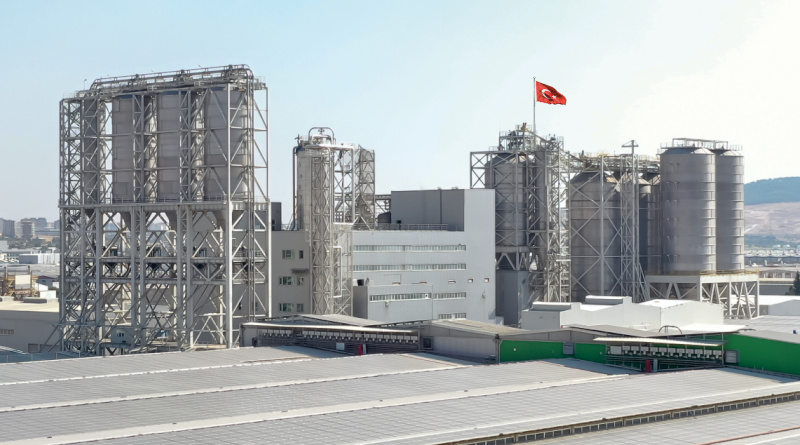Chemical PET recycling plant under construction
To strengthen its efforts in the area of sustainability, Köksan PET ve Plastik Ambalaj San. ve Tic. A.Ş., headquartered in Gaziantep, Turkiye, aims to construct the world’s biggest rPET plant based on chemical recycling of post consumed PET waste. It is intended to commence the production of 100% food grade rPET by the end of 2024.
The capacity of this plant is expected to be 110.000,00 metric t/a. According to the company, the process of recycling PET flakes through depolymerisation to BHET and subsequent 3-micron microfiltration results in a resin that is comparable to virgin monomer, making it suitable for food-grade applications.
Köksan’s patent process to make high viscosity and lower than 1ppm AA level in resin without any SSP process is claimed to be suitable for bottle grade application, states the company: “This will be the first plant of this kind for 100% rPET resin for all food grade applications”. The plant is also designed to produce various qualities textile grade resin with 100% rPET or virgin resin production.
The primary benefit of depolymerisation through the glycolysis process is its low operating temperature, typically around 200 °C. This avoids the side reactions and generations of BPA and phthalates which is generally due to high temperature thermal process like mechanical recycling. The chemical depolymerisation to BHET level ensures the process is similar to virgin polycondensation reaction and product rPET is similar to virgin PET resin. Another advantage of chemical recycling is that the material can be recycled multiple times, as it undergoes depolymerisation to BHET and then follows a process similar to the standard production process.

